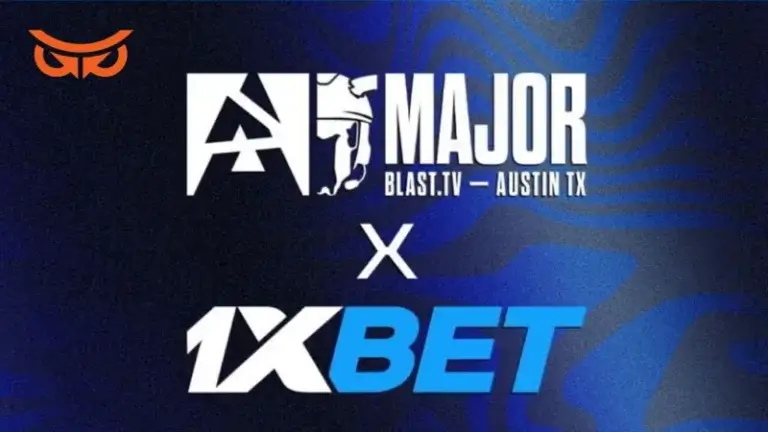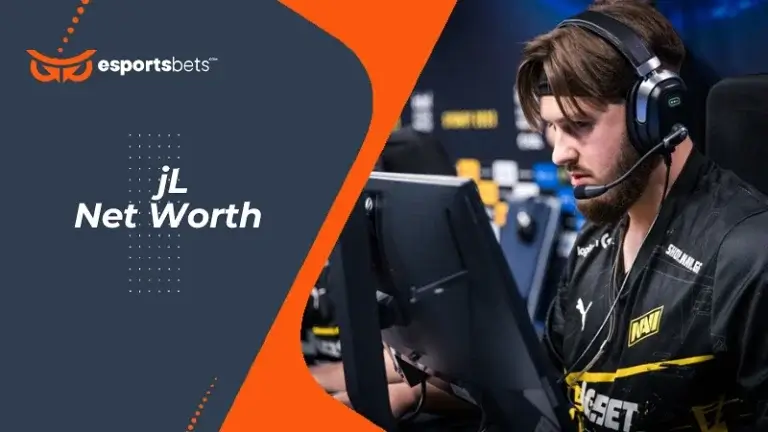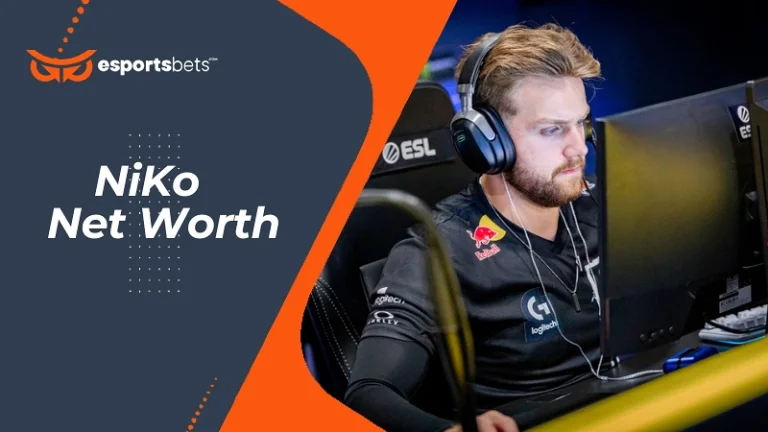Can Cryptocurrency Deliver Better Game Monetization and Micropayments?
How video game publishers earn money from their titles has changed dramatically in the last few decades. Now cryptocurrency, and blockchain technology, offers a new way for publishers to monetize games and generate critical revenue. There are big benefits for gamers too.
The evolution of video game monetization
At first, back in the eighties and nineties, video games followed a pay-to-play model. Gamers paid the full price for a game (often in a store back then!) and received full access to everything the game had to offer.
Then, as continuous and reliable internet became available, the monetization model of games changed. A free-to-play model emerged where often additional features, functionality, and in-game items need to be purchased. These purchases are known as micropayments, or microtransactions, and they can involve a player first needing to purchase an in-game currency with real money, before being able to spend a game’s “virtual currency.”
Microtransactions have been criticised, they mean a free-to-play game might not be free at all. Micropayments are usually needed to access the full features of game, though many free-to-play games can be played with limited functionality. And, some pay-to-play games also need additional micropayments for full or extra functionality.
Some argue such purchases can take away a sense of accomplishment from games. Remember when the only way to complete a level on certain games was to play it over and over and over again?
[cta id=2581 type=geo]Fortnite is a perfect example of a free-to-play game with microtransactions
Let’s take Fortnite’s resounding success as an example of how to do free-to-play and purchasable in-game items the right way. Fortnite can be played and enjoyed without paying a penny. Battle passes are essential for anyone above an occasional gamer, but they are not too expensive.
Skins though, if you have to have the latest one, can cost some serious moolah but they are not absolutely essential to gameplay and can be earned too.
Fortnite generated $2.4 billion in revenue for Epic Games in 2018. This revenue came from in-game purchases, or microtransactions, and is the highest annual revenue of any game title to date.
In 2018, a study by financial company Lendedu found that 70% of Fortnite players make digital purchases in Fortnite’s store and of those who do make purchases, the average spend is $84.67. A figure higher than the usual $60+ pay-to-play console game price.
Read Also: Is Crypto Integration Inevitable for Fortnite?
Cryptocurrency and blockchain technology create new game revenue models and players could benefit
In 2009 a new type of virtual currency was born. Digital currencies, or cryptocurrencies, arrived with the creation of Bitcoin. Today there are thousands of cryptocurrencies but it’s the underlying technology, blockchain, that might be of most interest to publishers looking to monetize their games.
Cryptocurrencies could enable secure micropayments of any size within a game. And, with blockchain technology, in-game assets can be monetized and turned into tokens like cryptocurrencies. If each in-game asset, skin, or accessory is a blockchain token with an identity and a proven owner it can be sold or traded and even take out of one game and into another. Morten Rongaard, CEO of Reality Gaming Group, told CoinTelegraph this year:
“My vision is for gamers to be able to truly own their character, their weapons and their resources. They should be able to trade, sell and buy securely using the blockchain. That is instead of taking a risk on platforms and where you as a player have spent thousands of dollars building up a profile that you don’t even own and have no control over.”
Reality Gaming Group, out of the UK, is building blockchain powered trading systems in games as well as using augmented reality (AR) for its game mechanics. Its first title, Reality Clash, has built-in tokenized asset trading. It’s just signed a new agreement to expand into China.
Realising the potential of blockchain for gaming and esports
In fact, many game studios, news ones and famous ones, have realised the potential of blockchain for their revenue models. Ubisoft Entrepreneurs Lab has just added another blockchain gaming startup to its incubator and Ubisoft itself is reported to have been working on blockchain for some time.
Mythical Games, a blockchain-focused game studio, has just totalled $35 million in funding for blockchain gaming. Its executive team boasts a number of video game industry veterans.
Blockchain and cryptocurrency proponents see the cross-over between gaming and crypto too. One of the biggest cryptocurrency exchanges, Binance, has partnered with ChiliZ esports. And, crypto-billionaires Cameron and Tyler Winklevoss just acquired a startup building a platform where in-game crypto tokens and assets like CrypoKitties can be bought by credit card instead of cryptocurrency.
Cryptocurrencies, the tokenization of assets, and blockchain technology, have the potential to massively disrupt and innovate gaming monetization and micropayments models and quite probably to the benefit of both players and game publishers.





















